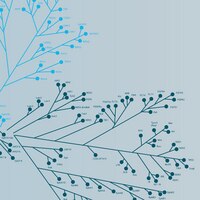14-463M Sigma-AldrichPDGFRβ Protein, active, 250 µg
Recommended Products
Overview
| Replacement Information |
|---|
| References |
|---|
| Product Information | |
|---|---|
| Quality Level | MQ100 |
| Applications | |
|---|---|
| Application | Active, recombinant human PDGF Receptor β, residues 557-end, containing an N-terminal His6-tag, for use in Kinase Assays. |
| Key Applications |
|
| Physicochemical Information |
|---|
| Dimensions |
|---|
| Materials Information |
|---|
| Toxicological Information |
|---|
| Safety Information according to GHS |
|---|
| Safety Information |
|---|
| Storage and Shipping Information | |
|---|---|
| Storage Conditions | 1 year at 70 °C |
| Packaging Information | |
|---|---|
| Material Size | 250 µg |
| Material Package | Also available in 50 μg size (cat#14-463) and in bulk (cat# 14-463-K). |
| Transport Information |
|---|
| Supplemental Information |
|---|
| Specifications |
|---|
| Global Trade Item Number | |
|---|---|
| Catalogue Number | GTIN |
| 14-463M | 04053252333026 |








